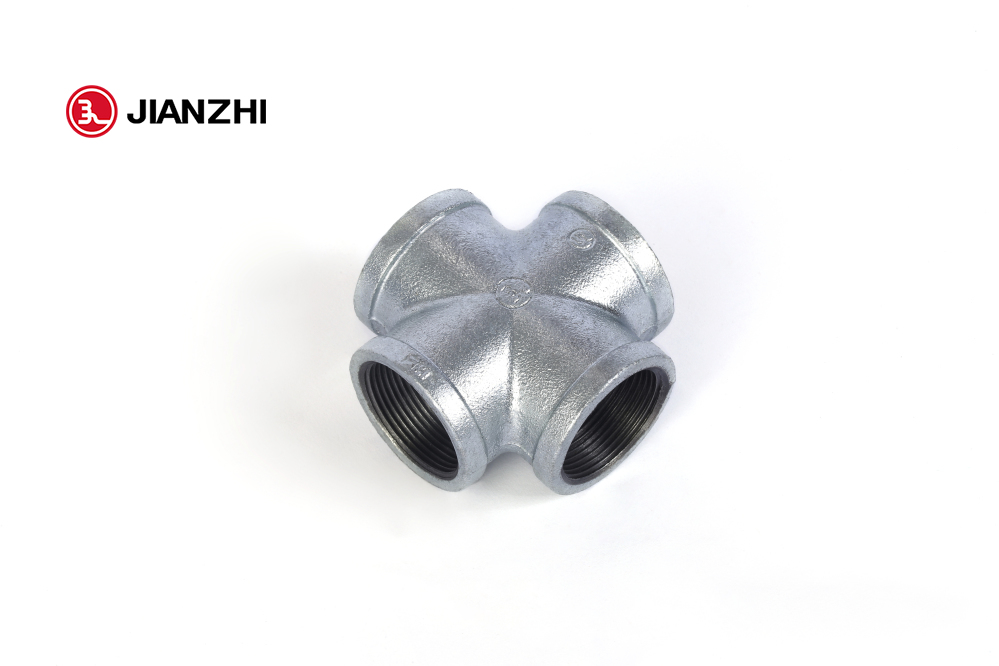How is the production process adapted for custom or 4 way structural pipe?
Adapting the production process for custom or 4-way structural pipes involves tailoring manufacturing methods to meet specific design requirements and dimensional specifications.
Here are the key considerations and adjustments made in the production process for custom or 4-way structural pipes:
- Design and Specification:
- Custom or 4-way structural pipes often start with unique design requirements. The production process is adapted to accommodate the specified dimensions, angles, and features outlined in the design.
- Material Selection:
- The choice of materials, including the type and grade of steel, is customized based on the intended application and performance requirements of the custom or 4-way structural pipe.
- Tooling and Dies:
- Custom tooling and dies are designed to match the specific dimensions and shapes required for the 4-way structural pipes. This includes the creation of dies for forming, bending, and shaping the pipes according to the custom design.
- Cutting and Shaping:
- The cutting and shaping processes are adapted to produce the required angles and connections for the 4-way configuration. Precision cutting methods, such as laser cutting or plasma cutting, may be employed to achieve accurate shapes.
- Welding Techniques:
- Welding processes are tailored to accommodate the 4-way structural configuration. This includes precise welding at the junctions and intersections to ensure strength, stability, and proper alignment.
- Quality Control:
- Custom or 4-way structural pipes undergo rigorous quality control measures. Inspections are conducted at various stages to verify that the dimensions, angles, and welds meet the specified requirements. Non-destructive testing methods may be employed for quality assurance.
- Galvanization or Coating:
- If galvanization or coating is required, the process is adjusted to cover the entire surface of the custom or 4-way structural pipe. 4 way structural pipe connector Special fixtures or techniques may be used to ensure uniform coating on all sides and angles.
- Surface Finish:
- The surface finish is adapted to meet aesthetic and functional requirements. Processes such as shot blasting or pickling may be customized based on the material and finish specifications.
- Post-Processing Treatments:
- Custom post-processing treatments, such as heat treatment or additional coatings, may be applied to enhance the properties of the 4-way structural pipes, depending on the intended use.
- Packaging and Shipping:
- Custom packaging solutions are designed to protect the unique geometry of the 4-way structural pipes during transportation. Careful handling and packaging ensure that the pipes reach their destination in optimal condition.
- Documentation and Traceability:
- Comprehensive documentation is maintained throughout the production process, providing traceability for each custom or 4-way structural pipe. This documentation includes material certificates, quality control records, and other relevant information.
- Custom Fixtures and Tooling:
- Specialized fixtures and tooling may be created to facilitate the manufacturing process for custom or 4-way structural pipes. These fixtures ensure accurate positioning and alignment during various production stages.
- Production Flexibility:
- The production process is designed to be flexible and adaptable to accommodate variations in size, shape, and configuration. This flexibility allows for efficient manufacturing of custom structural pipes.
- Continuous Communication with Customer:
- Open communication with the customer is maintained throughout the production process to address any specific requirements, modifications, or clarifications related to the custom or 4-way structural pipes.
By addressing these considerations and making necessary adjustments, manufacturers can successfully produce custom or 4-way structural pipes that meet the unique specifications and performance criteria set by the customer. Customization in the production process ensures that each structural pipe is tailored to its intended application.
